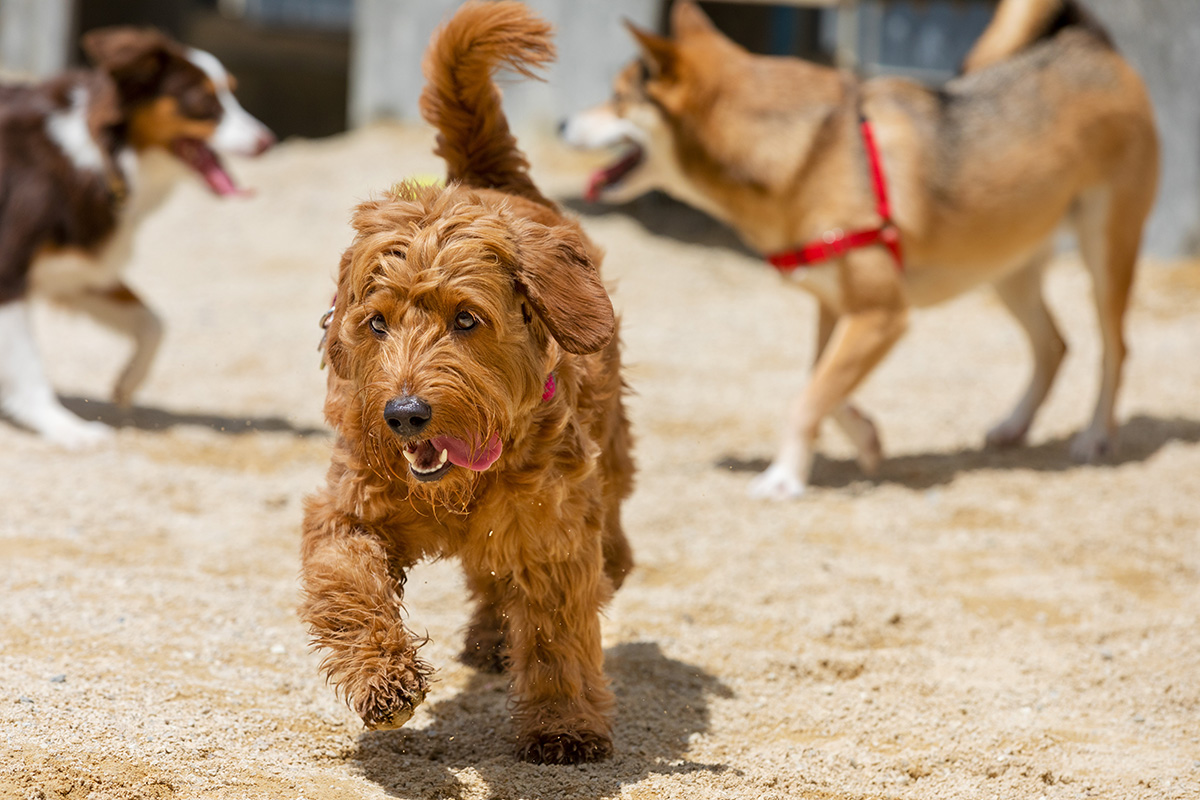THE Mornington Peninsula Shire has adopted its new Domestic Animal Management Plan, setting out the management of animal-related services over the next four years.
All councillors except Cr David Gill voted in favour of the motion at the 5 November council meeting, Gill stating there are still “real problems with animal management on the peninsula”.
Cr Andrea Allen, who moved the motion, said the plan was shaped by community consultation, with over 660 residents contributing feedback through an online survey and face-to-face consultation sessions.
The shire reached out to community members to ensure the plan included activities which were top priorities for peninsula residents.
“We asked people to pick five options from ten potential future activities,” Allen said.
“The responses from both the survey and the pop-up sessions were fairly consistent, particularly with regards to the top five.”
The top five responses were dog waste bag dispensers in leash-free areas, subsidised desexing for pensioners, subsidised microchipping for dogs and cats, a volunteer program at the animal shelter, and stronger domestic animal enforcement on beaches, parks, and reserves.
Less popular options, such as a “Pets Day Out”, an event the shire has previously run, were removed from the plan to allow funds to be allocated to higher priorities.
Allen said part of the plan is to introduce a trial of dog waste bag dispensers in some leash-free areas, subject to budget approval, as this was the community’s top priority.
“I understand there are arguments for and against providing dog waste bags,” Allen said.
“So, it was good to be able to measure community support for this.”
The plan also includes commitments to review animal shelter operations, including euthanasia and reunification rates, volunteer opportunities, opening hours, and the fostering process.
Cr Paul Pingiaro described the plan as “practical, fair, and future-focused”, and said it would strengthen partnerships for vets, shelters, rescue groups, and volunteers.
“It’s measurable, will track registrations, attack and incident rates, compliance issues, complaint response times, and on lead compliance so the community can see real numbers and real progress,” Pingiaro said.
“The outcome is simple: safer streets and foreshores, healthier animals, thriving wildlife and a community that feels heard.”
However, Gill said with eight million visitors coming to the peninsula each year and many of them bringing dogs, there are challenges in terms of enforcement and compliance.
He said current resources are already stretched thin and are unable to manage such a large municipality effectively.
“When people flout the rules and someone is injured or another animal is attacked there must be some way of ensuring that there is no limit to what repercussions there should be when that happens,” Gill said.
Gill said council needs to address the gaps in animal management, particularly when it comes to minimising dog attacks and informing visitors and part-time residents of their obligations.
Allen agreed and said there is a need to better inform tourists about pet regulations, particularly dog restrictions on southern peninsula beaches.
She said the shire should look at ways to help spread information, including working with companies like Airbnb to ensure tourists are aware of the rules and regulations on the peninsula when it comes to pets.
Allen also said the plan includes future activities to better inform owners of dogs involved in attacks about the investigative process.
First published in the Mornington News – 11 November 2025


